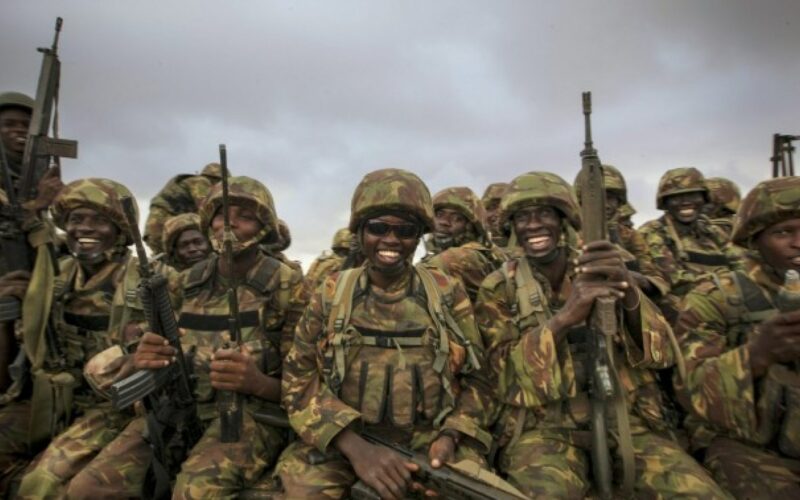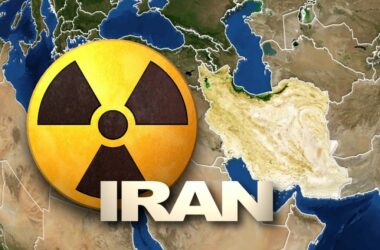Sudan’s military successfully thwarted a significant assault by the Rapid Support Forces (RSF) on el-Fasher, located in North Darfur, following weeks of tension and a UN Security Council demand for a cessation of hostilities. The Sudanese Armed Forces (SAF) repelled the attack, causing heavy casualties among the RSF ranks, including the death of a senior commander, Ali Yagoub Gibril.
In a statement, Sudan’s Armed Forces reported that the RSF’s attempt resulted in “hundreds” of casualties and injuries, forcing the attackers to retreat from the battlefield. The RSF, loyal to General Mohamed Hamdan “Hemedti” Dagalo, has been engaged in ongoing conflict with SAF, led by Abdel Fattah al-Burhan, since April 2023.
The violence in Sudan has already claimed the lives of over 14,000 individuals and displaced more than 10 million others, according to UN estimates. Humanitarian organizations and rights groups have expressed concerns over potential ethnic cleansing if the RSF gains control of el-Fasher, the last stronghold in the Darfur region.
The conflict has exacerbated an already dire humanitarian crisis, with an estimated 756,000 people facing severe food shortages by September. Many Sudanese civilians have joined SAF in resistance against the RSF’s aggression, citing atrocities committed by the militia as a catalyst for their involvement.
Musa Adam, displaced from Nyala in South Darfur, recounted the RSF’s brutal actions as a motivation to join the fight against them. He described the RSF’s occupation of Nyala, characterized by displacement, looting, and violence against civilians, as unbearable.
In North Darfur, repeated RSF assaults have led to the displacement of over 130,000 individuals in recent weeks, with reports of mass graves and widespread destruction of villages, primarily inhabited by the Zaghawa ethnic group. Former RSF officer Abu-Alqassim Mohammed condemned the RSF’s rebellion against the government and its impact on civilians, prompting his enlistment in SAF.
El-Fasher has become a pivotal battleground in the ongoing conflict, critical for humanitarian aid delivery in a region teetering on the brink of famine. The violence in the city has resulted in significant casualties and injuries, hindering access to medical treatment amid continued airstrikes, shelling, and ground combat.
The international community, through the UN Security Council, has reiterated calls for an immediate ceasefire, unimpeded humanitarian access, and adherence to an arms embargo on Sudan. The United States recently announced $315 million in emergency aid for Sudan, warning of a potential historic famine if urgent action is not taken.
Linda Thomas-Greenfield, US ambassador to the United Nations, underscored the severity of the crisis, highlighting mortality projections and urging global awareness and intervention to mitigate further escalation as Sudan approaches the rainy season.
The situation in Sudan remains volatile, with humanitarian organizations and diplomatic efforts striving to alleviate the suffering and bring about lasting peace in the region.








